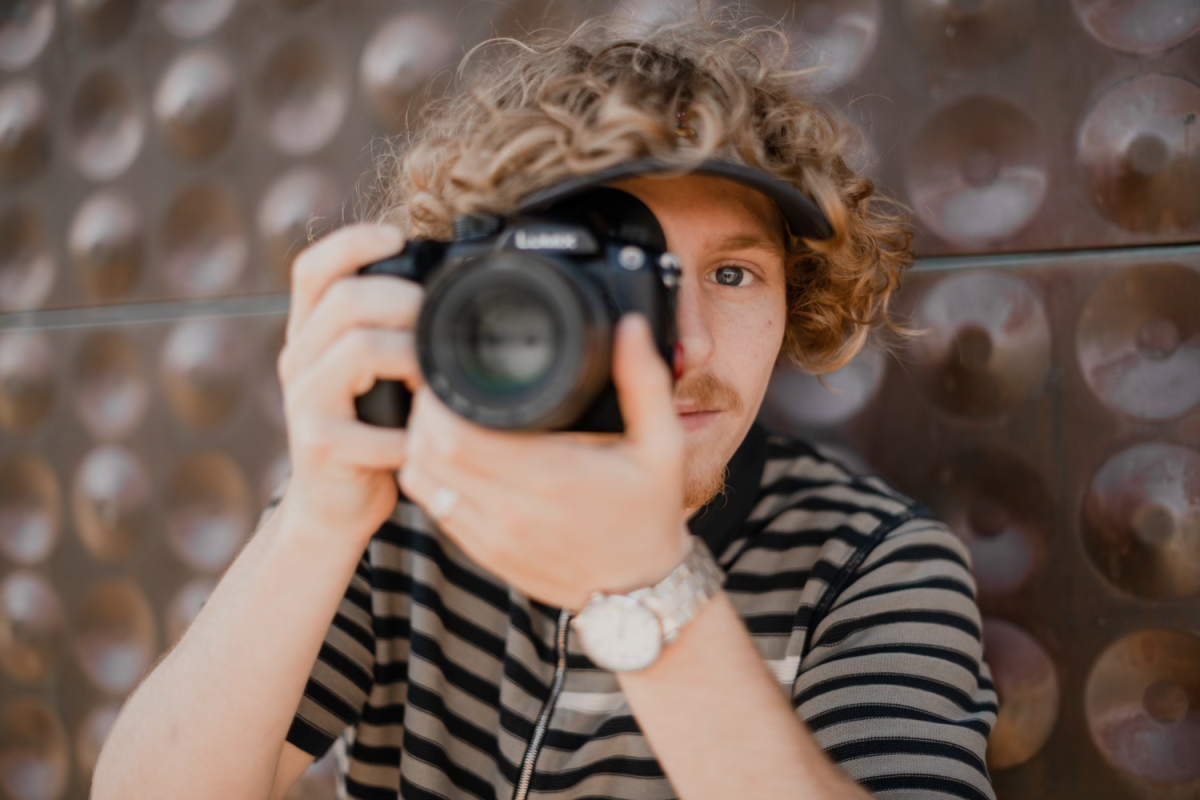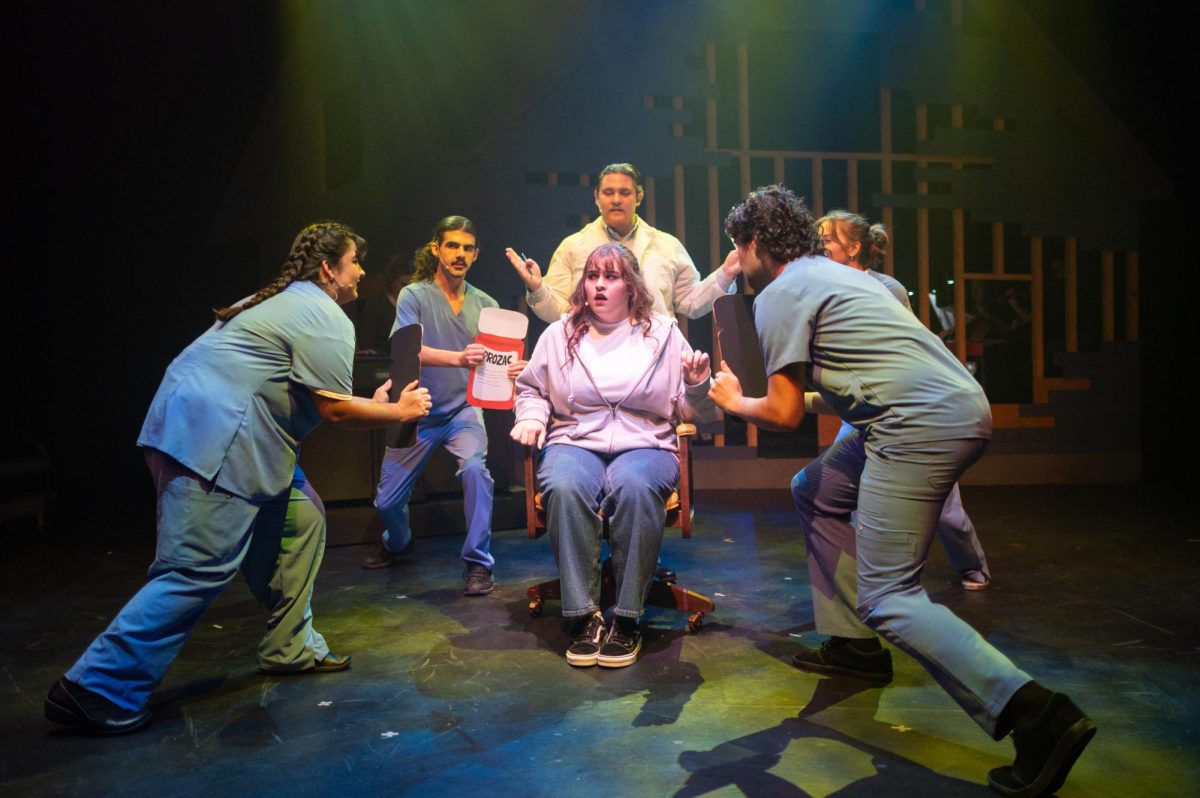Just over two weeks ago, pop sensation Lady Gaga released a new, hard-hitting music video that touches on a topic that too often goes unaddressed in college life: rape.
The new song and music video titled “Til It Happens to You” is extremely explicit in its content and graphic in its nature— so much so that there is a graphic content warning for “emotionally unsettling” images. The video depicts a number of young women varying in appearance, demographic and experience.
“Til It Happens to You” was co-written by Lady Gaga and Diane Warren for “The HUnting Ground,” a documentary shown at the 2015 Sundance Film Festival. The documentary specifically addresses rape on college campuses.
The film focuses on two students from the University of North Carolina at Chapel Hill who were raped while attending the university and received no support from administration. The two students then led a campaign to help support students who have fallen victim to sexual assault and were unsupported by their universities, filing complaints that caused many universities to investigate how they handle crime and sexual assault on campus.
While the topic of rape was recently addressed by Chico State in its mandatory “Not Anymore” online training, due Oct. 1 for first-year and transfer students, the polled student body still feels rape isn’t addressed enough and happens far too frequently on campus.
Many students, who wished to remain anonymous, seemed uncomfortable with the topic of rape, laughing off the frequency of reported rape, which is 1 in 5 on college campuses.
Other students were not at all surprised by the statistic.
“I’ve seen guys slip something into multiple girls’ drinks at parties just to get one messed up enough to take back home,” said one student.
When asked if they felt the online training and information in the “Not Enough” seminar was enough to adequately address rape on campus, students had mixed responses.
Some agreed that although there was enough information provided to the student body, it doesn’t take away from how frequently rape happens on campus, nor does it seem to deter those who are likely to sexually assault. Others said it only tells people how to be wary of the likelihood of sexual assault rather than how to help.
“It’s very generic,” a student said. “I get what they were trying to do, but it wasn’t really helpful.”
When asked if the online training made students feel more comfortable knowing that all students at the university received this training, meaning that all students technically knew what rape and consent is, nearly everyone polled said no.
“If I’m at a party and I’ve had too much to drink, I don’t trust that someone who wants to assault me won’t,” another student said. “It’s probably going to make them more likely to do it. That online stuff wont change anything.”
Though the music video doesn’t do anything more in the realm of changing the statistics of sexual assault on campus, it does address the likelihood of rape on campus, as well as the emotional and physical repercussions of attacks like these.
Chelsea Gallegos can be reached at [email protected] or @theorion_news on Twitter.









